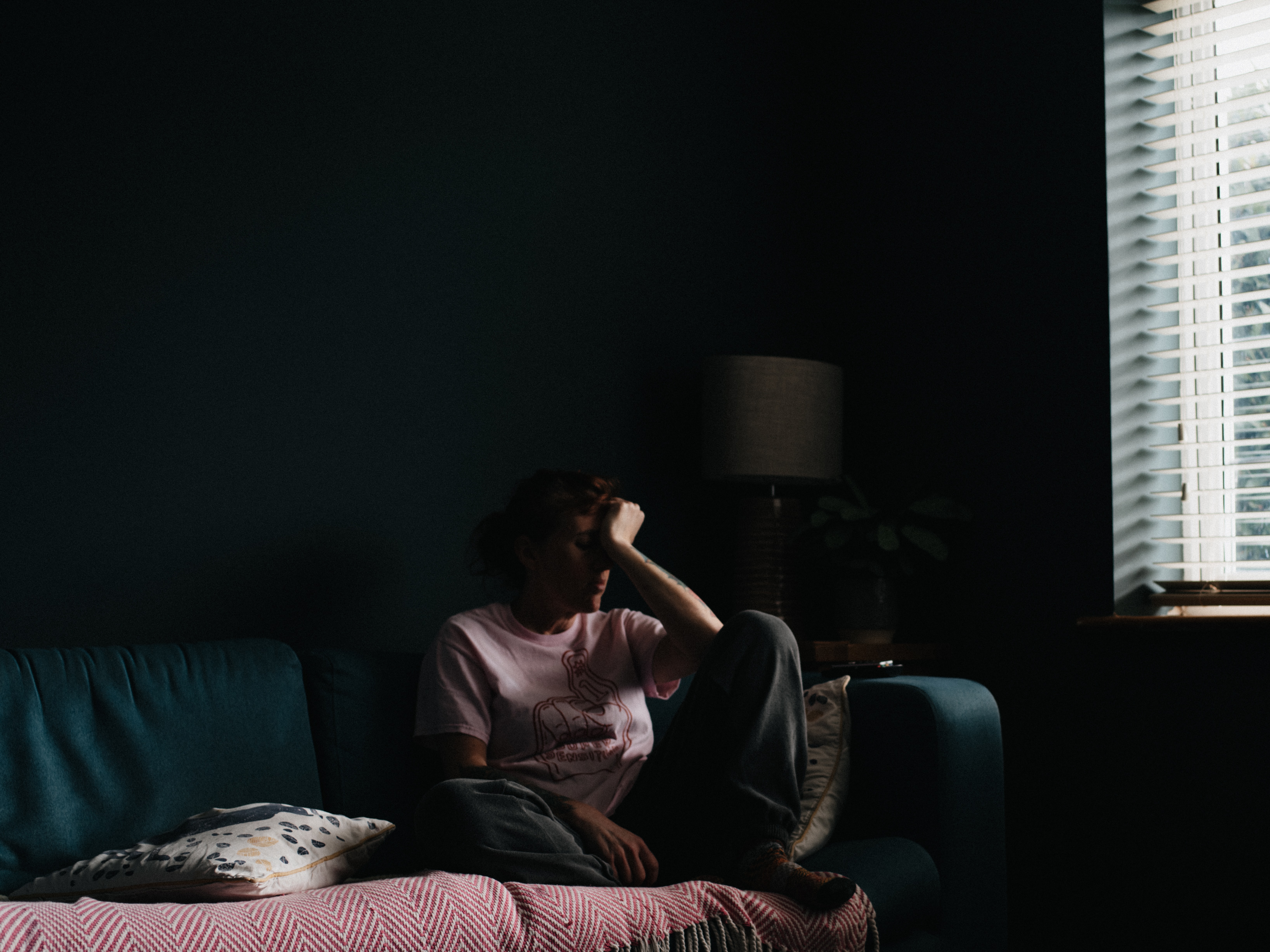Media release
From:
Lockdown health impact better than Covid
New research shows the loss of access to healthcare during lockdown is not worse than exposure to the virus itself.
James Cook University and University of Queensland researcher Dr Lea Merone was part of an international team of doctors who examined the impacts of lockdowns on mortality, routine health services, global health programs, and suicide and mental health.
She said they were trying to determine whether government interventions or the lethality and infectiousness of COVID-19 are to blame for negative health consequences.
“We found that although lockdowns are undoubtedly associated with health harms, their impact on health is unlikely to be worse than the impact of the COVID-19 pandemic itself,” said Dr Merone.
She said that during the COVID-19 pandemic, there has been an ongoing debate around whether the benefits of government “lockdowns”– either stay-at-home orders or interventions restricting movement – in reducing infections are outweighed by the negative impacts on the economy, social structure, education, and mental and physical health.
“In a nutshell, whether the cure is worse than the disease,” said Dr Merone.
The researchers found that this is “challenging” to determine but that “it is unlikely that government interventions have been worse than the pandemic itself in most situations.”
Excess mortality statistics suggest that lockdowns are not associated with large numbers of deaths in countries such as Australia and New Zealand, that avoided large COVID-19 epidemics.
Conversely, places with few COVID-19 restrictions, such as Brazil, Sweden, Russia, and at times certain parts of the United States, have had large numbers of excess deaths throughout the pandemic.
“What is clear is that locations that locked down without experiencing large epidemics of COVID-19 (e.g. Australia, New Zealand) did not have large numbers of excess deaths, which provides strong evidence that lockdowns themselves are not sufficient to cause such surges in deaths,” the authors said.
A common claim is that government interventions are responsible for reduced access to and use of healthcare services, which causes harms to health in the long term. While there has clearly been a reduction in attendance for vital non-COVID health services during lockdowns, “it is yet again challenging to disentangle whether the association relates to restrictions intended to prevent COVID-19 cases or the epidemic itself,” the authors said.
They suggest the association may be related to lack of capacity of healthcare services during the pandemic, redeployment of healthcare staff and facilities to managing COVID-19 patients, or the public staying away from hospitals because they fear becoming infected by SARS-CoV2.
For example, data from England and Australia show emergency department activity was suppressed weeks before stay-at-home orders were implemented and remained suppressed well after they were lifted.
The researchers found robust evidence that government interventions to control COVID-19 have not been associated with increased deaths from suicide, but there is abundant evidence that mental health has declined in the population since the onset of the pandemic. They found it is “extremely challenging” to ascertain whether these declines were caused by government interventions or driven by the underlying confounder of the pandemic itself.
While the relationship between mental health and lockdowns is commonly discussed, the equally important link between large-scale COVID-19 outbreaks and depression and anxiety is often overlooked, they add.
Missing school clearly affects children’s mental health, but so does losing a loved one to COVID-19; it is estimated that 43,000 children have lost a parent to COVID-19 in the United States, and 2 million have lost at least one grandparent.
Global health programmes in low- and middle-income countries have been severely impacted by the pandemic: 80% of HIV programs and 75% of TB programs have reported disruption to their services, and by May 2020, childhood vaccination campaigns had been disrupted in 68 countries. Again, these disruptions have been caused by multiple complex direct and indirect consequences of COVID-19, not just stay-at-home orders, the authors say.
Stringent control measures aimed at reducing disease mortality and morbidity will be accompanied by negative consequences in many sectors of the economy, the authors conclude. “These harms are real, multifaceted and potentially long term, and are therefore an important factor for policy makers to consider when choosing which intervention packages to implement.”
But they add: “It is often extremely difficult to separate the potential impacts of ‘lockdowns’ from those of the pandemic itself."
They do not conclude that lockdowns cannot cause any harm. “Often the most that it is possible to say is that there are harms associated with both large COVID-19 outbreaks and government interventions to prevent the disease,” they say. “The causal relationships are, unfortunately, extremely difficult to untangle.”
They point out: “Governments were not faced with the choice between the harms of lockdown and the harms of COVID-19, but rather sought to find the means to minimise the impact of both.”



 Australia; NSW; QLD
Australia; NSW; QLD



